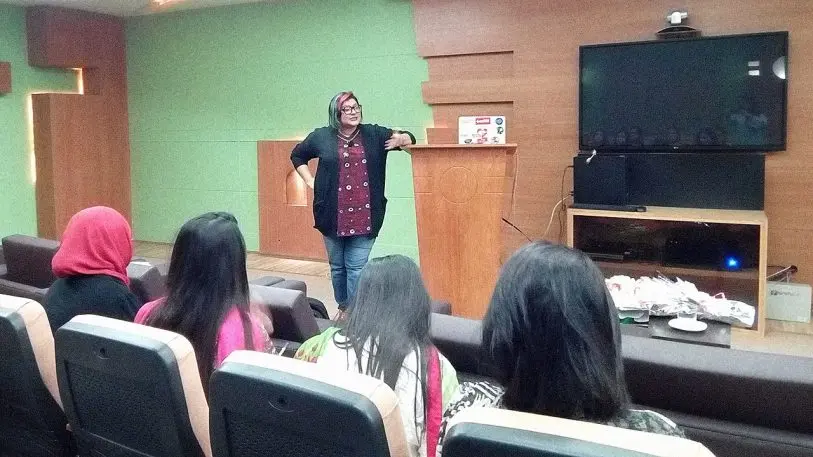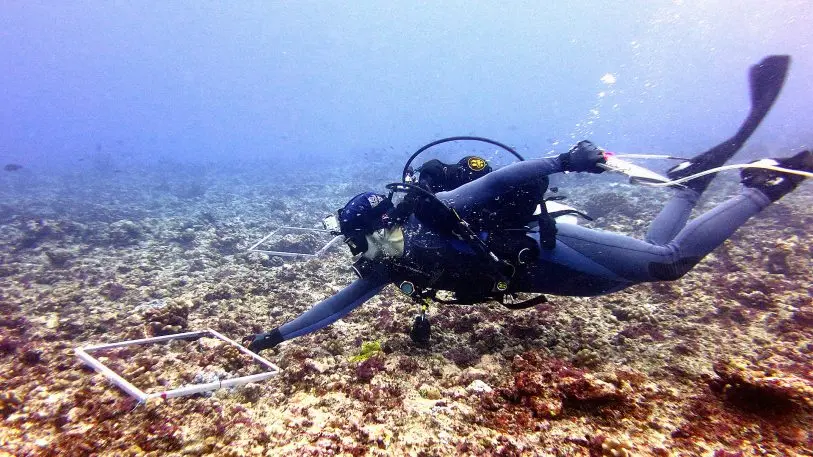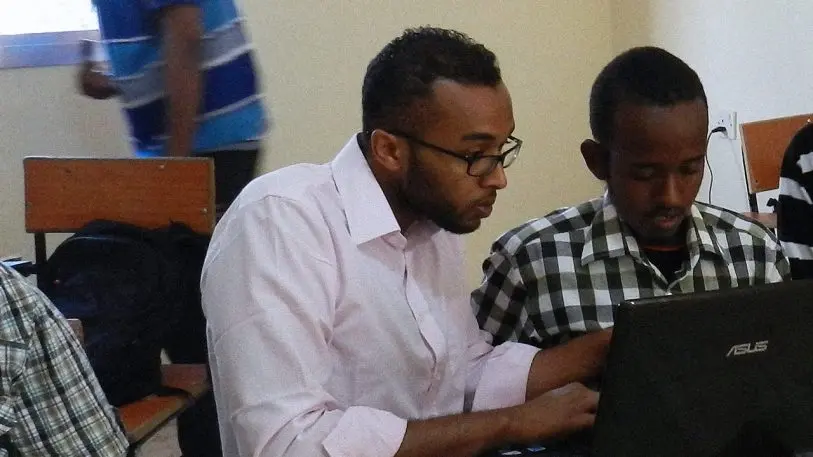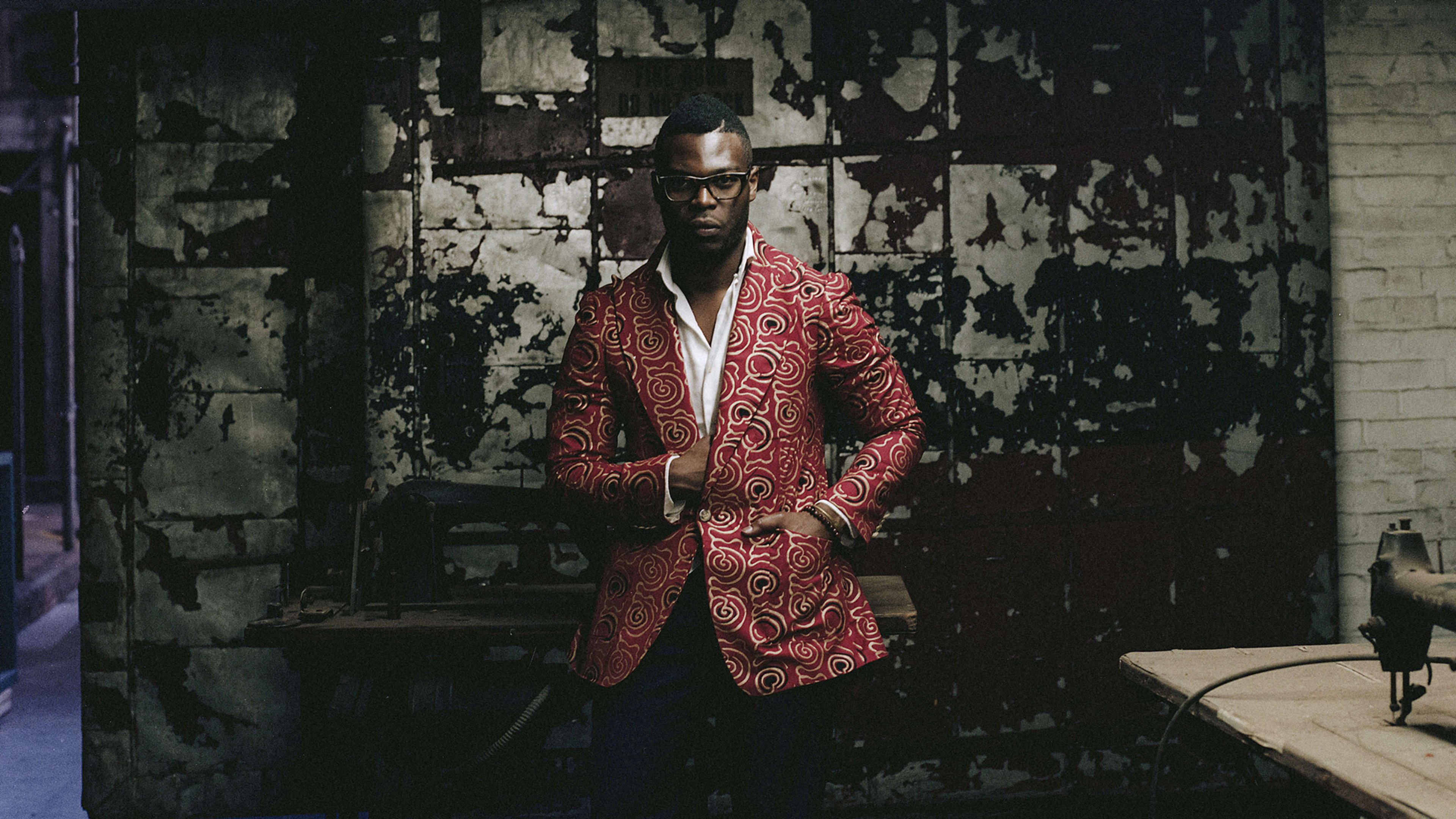In Pakistan, Nighat Dad helps other young women fight online harassment. In France, Romain Lacombe is building tools to help people track air pollution. In Somalia, Abdigani Diriye–who fled the country as a child during civil war, and later returned–is helping grow the local tech scene. In the U.S., Mike Gil is studying how fish communicate, and what those interactions mean for the future of coral reefs.
On the surface, they have little in common. But they’re all part of the new class of 21 newly announced TEDGlobal Fellows, who will speak at the TEDGlobal conference in Tanzania this August, and whose talks may eventually be seen by millions of people. Through the program, they’ll also be connected to professional coaching and mentoring and will have the opportunity to work with other fellows and build a network that could lead to more investment and support for their work.

Though many fellows work in technology or design or science, others are artists or journalists. One member of the new class is a standup comedian from Zimbabwe. The program has no limitations on field of work. “We’re looking for people from literally any field of endeavor who are doing something interesting,” says Tom Rielly, director of the TED Fellows program. “The secret of the TED stage forever has been heterogeneity.”

“There’s one particular genetic signature we’re looking for and that’s collaboration,” Rielly says. “We want people who like to collaborate with other people, especially those different from themselves. Because magic can result when that happens.”
Ayah Bdeir, the founder of LittleBits (a company that makes electronic building blocks to help kids invent) and a previous fellow, worked with neuroscientist Greg Gage, another fellow, to create a new module for LittleBits. Two other fellows, a human rights activist and an artist, created a new nonprofit to commission art about social change. A conservation biologist used technology made by other fellows–called BRCK, it provides internet access in remote locations–on his 1,700-kilometer expedition across the Okavango Delta. (Before the TED Fellows program launched in 2009, the founders of BRCK met when they were invited to a 2007 TEDGlobal conference in Tanzania as part of a group of 100 young innovators; they also founded the crowdsourcing tool Ushahidi.)

“It was magic because all these people had started to know one another over the internet, but they’d never met,” says Rielly. “All this energy was liberated in these young people when they finally got together, and all these organizations started from there.”
Recognize your brand’s excellence by applying to this year’s Brands That Matter Awards before the early-rate deadline, May 3.
